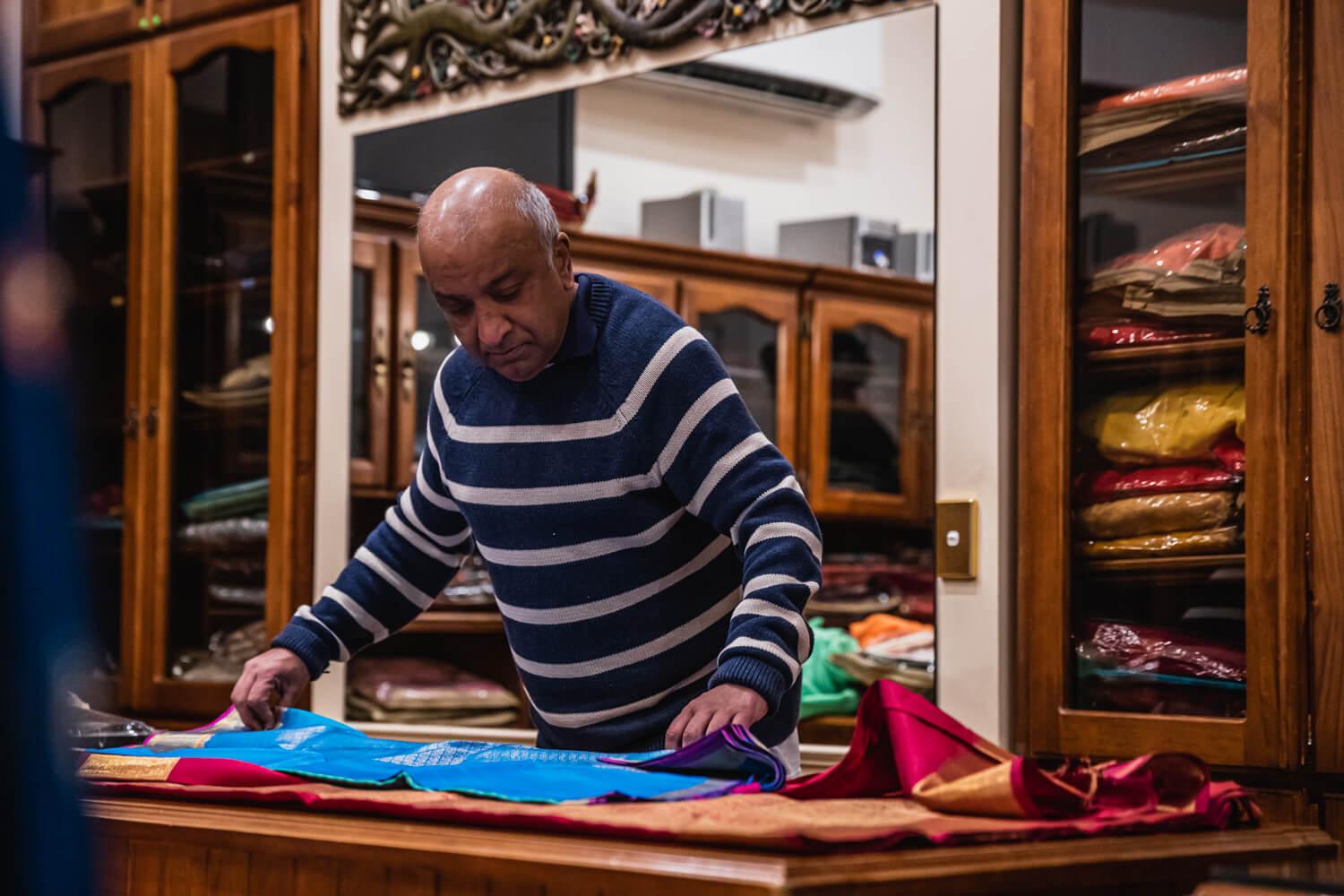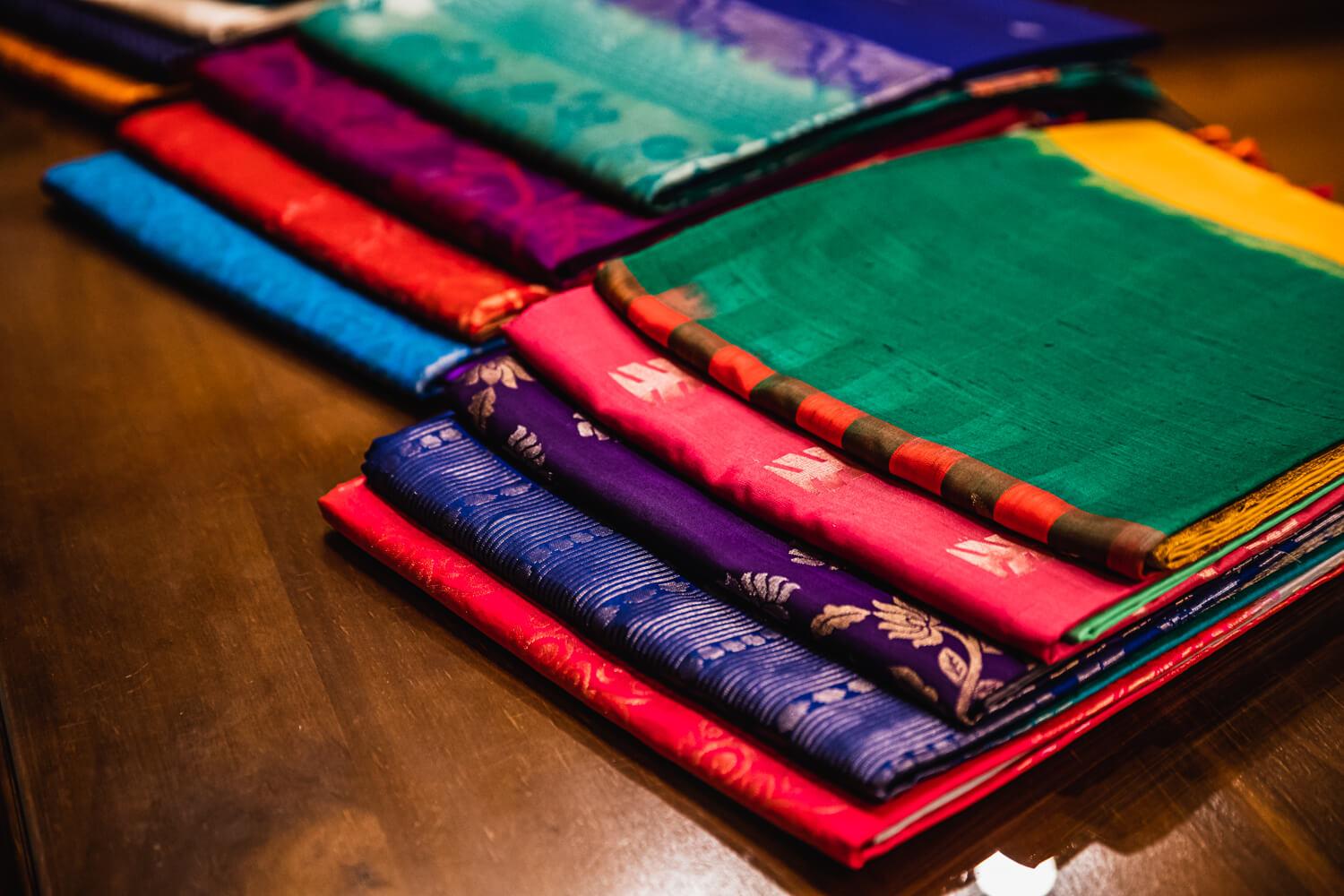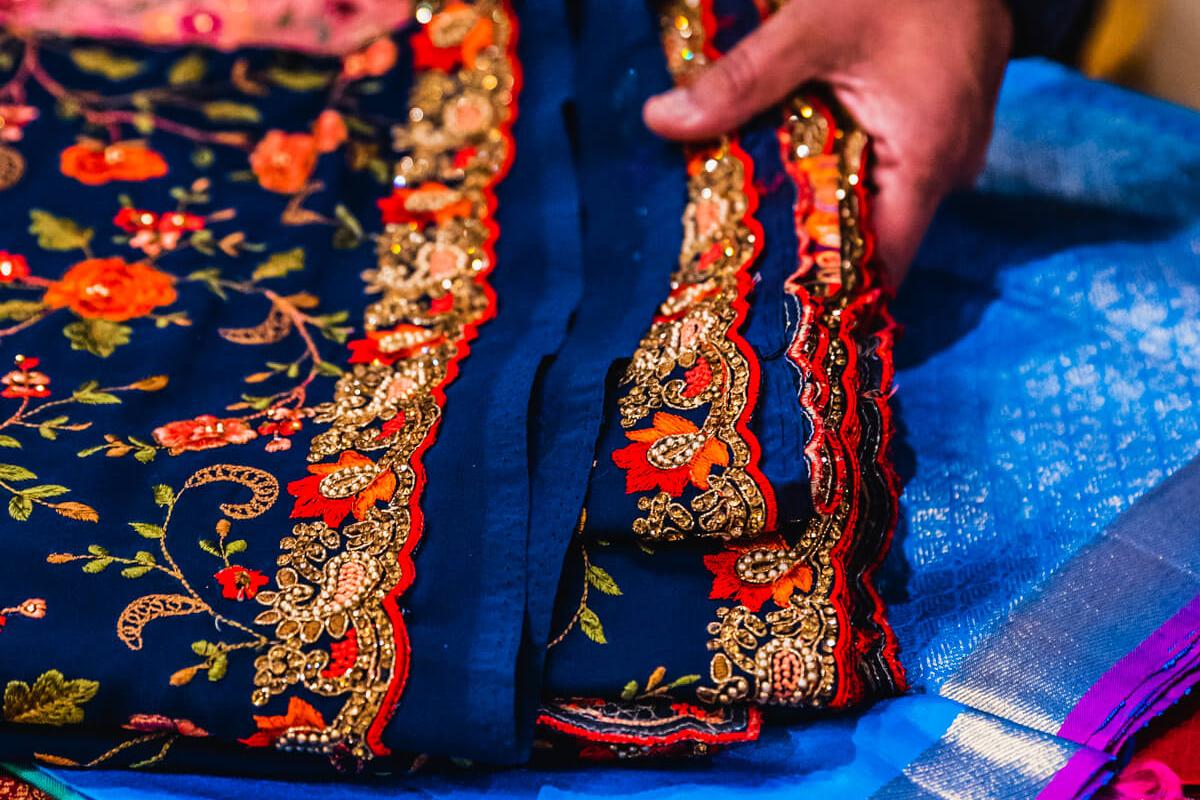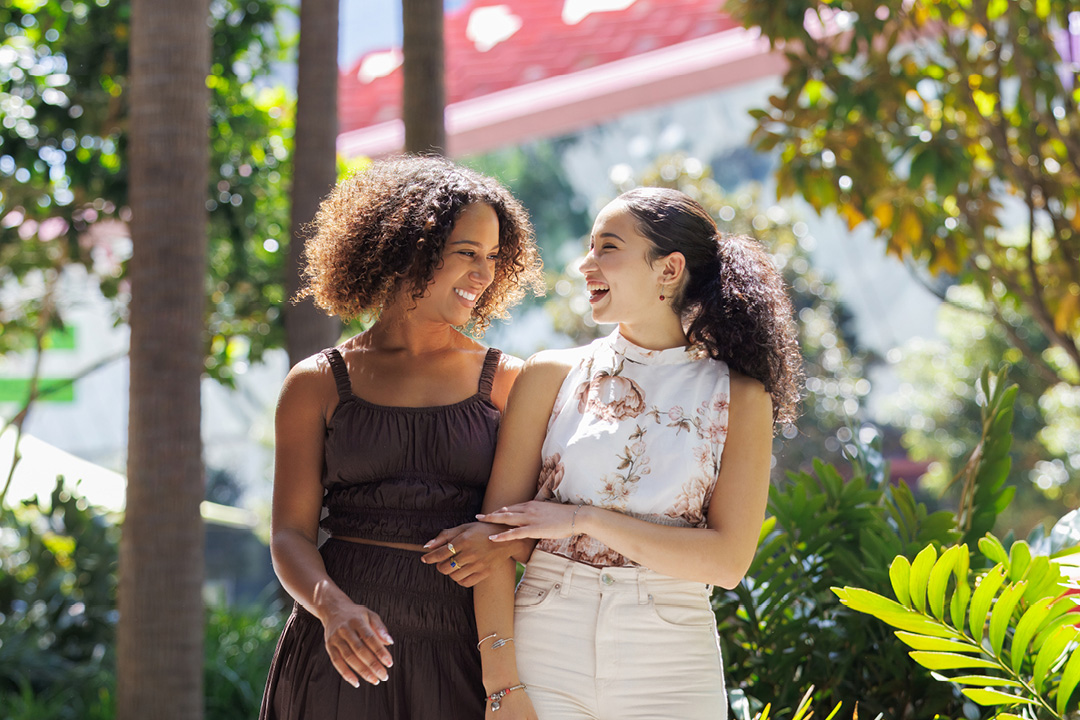A Look Inside Harris Park’s Beautiful Saree Shop
We dropped into The Saree Shop to get the low-down on these beautiful pieces of clothing, their origin and what to look out for when choosing your own.
A Look Inside Harris Park’s Beautiful Saree Shop
We dropped into The Saree Shop to get the low-down on these beautiful pieces of clothing, their origin and what to look out for when choosing your own.
It’s argued that The Saree Shop in Harris Park is the best in the business for sarees, accessories and Indian menswear. This Harris Park institution has been operating for over 30 years — the first decade from the former owner’s house, and the proceeding two from its current address, 42 Station Street East.
For the unacquainted, the saree is the oldest type of women's dress in India. It is, in essence, a vast stretch of cloth, typically five and a half meters long, that’s wrapped over an underskirt and top. Wrap styles vary greatly, with region, culture and personal preference — how someone wraps their saree in India will differ to a person in Sri Lanka.
For the past six years The Saree Shop’s been owned and operated by Chandrasekaran Shanmugam, a man after the hearts of any saree-loving person and keen advocate for all people to wear and enjoy them. We dropped into his shop to get the low-down on these beautiful pieces of clothing, their origin and what to look out for when choosing your own.

How are sarees made?
Sarees are made by machine and hand, and The Saree Shop offers both. A typical saree is woven on a machine from a variety of different fabrics such as cotton, silk, chiffon, crepe or khadi. Machine-made sarees are often more affordable than those handmade, making them a good option for everyday wear.
Bridal sarees are often handmade by one person – the person who began making the garment has to be the same person to finish it. They can take up to a month to make and are often woven from silk and heavily embroidered with different coloured threads and beads.

How do you choose a saree?
Choosing the right saree is determined by three factors.
Budget: how much do you have to spend? This will affect the type of fabric your saree will be made from and the way it will be made — by machine or hand.
Preference: what do you like? Saree fabric and colour choice is broadly a personal choice, especially when it comes to everyday wear.
Occasion: where are you wearing your saree? A special occasion will generally call for a more premium fabric, while a saree to be worn every day should be more comfortable and versatile, made perhaps, from a breathable cotton.

Is it ok for non-Indian people to wear sarees?
When asked if it was appropriate for a non-Indian person to wear a saree, Shanmugam’s response was, “Of course! The saree is universal. Haven’t you seen Jodi McKay?” He was referring, of course, to the NSW politician who often wore a saree in parliament and is not Indian but owns more than 70 sarees, a celebration of her affinity with India and her belief in celebrating multiculturalism in all its forms.

What should guests wear to an Indian wedding?
If you’ve had the honour of being invited to an Indian wedding, firstly, congratulations! They’re wonderful, grand (they are days-long!), colourful, food-filled affairs. Secondly, you’ll need to get your attire in order. Women-identifying are welcome to wear a saree or lehenga and Shanmugam would encourage you to drop into a shop such as his for advice on what will suit you best. Men-identifying can wear a coat and suit or a simple dhoti. It should be noted that while Hindu ceremonies don’t have rules regarding men’s clothing, there are some for women’s.
Sarees are a wonderful, colourful, inclusive piece of clothing. The Saree Shop on Station Street East, Harris Park, is your one-stop-shop for sarees and other Indian garments. Drop in on your next trip to Harris Park for a special occasion outfit or to try something new!



